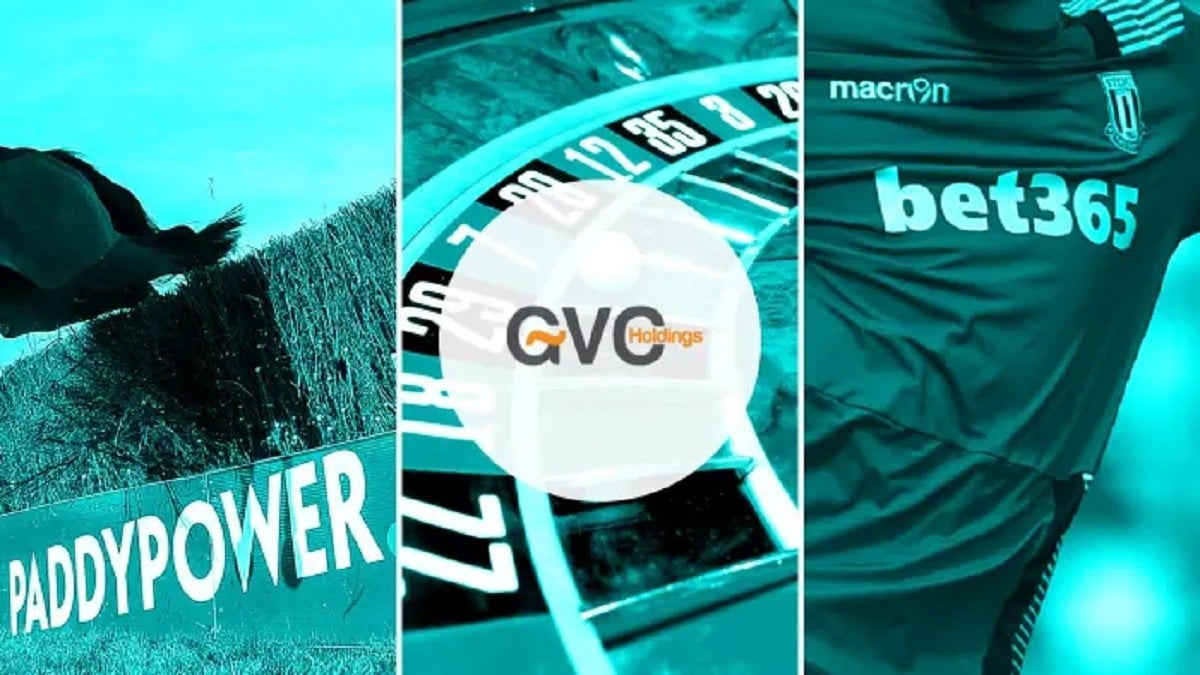UK Betting Giants Offer $100 Million a Year to Gambling Charities in Pre-emptive Bid to Stave Off Tighter Controls
Posted on: June 20, 2019, 05:18h.
Last updated on: June 20, 2019, 05:18h.
The five biggest players in the UK sports betting industry have made a £100 million ($128 million) pledge to the British government in a tacit trade off against increased regulatory controls that would shackle future growth and innovation.

As the tide of public opinion has turned against the gambling industry in recent years, the industry has been battered by stricter regulation and taxes.
But amid growing calls for a mandatory betting levy to fund problem gambling programs and research, the betting industry has made the first move.
Tenfold Increase
A letter sent to the government this week signed by tops brass at William Hill, Ladbrokes Coral (GVC), Paddy Power Betfair, Skybet, and Bet365 — and seen by the BBC — pledges to increase the current voluntary levy tenfold, from 0.1 percent of gross gaming revenue to 1 percent over the next five years.
This would eventually increase the levy from £10 million ($28 million) raised last year to £100 million.
A UK Gambling Commission study concluded that gambling charities collectively need around £70 million ($89 million) per year to provide the level of staff, research, and treatment necessary to understand and combat problem gambling.
“We are committing to collaborate to address gambling-related harm with the priority of protecting the young and vulnerable,” the companies wrote in the letter, which was addressed to the Department of Culture Media and Sport, which oversees gambling policy.
Image Problem
The industry is desperate to improve its image problem and avoid the kind of regulatory backlash that led to the drastic reduction on the maximum stakes of fixed-odds betting terminals (FOBTs) from £100 ($127) to just £2 ($2.54), which will result in job losses and the closure of retail betting outlets.
Operators must also pay a higher tax rate on their online operations to offset the FOBT-shaped hole in government coffers.
The industry has already agreed to a self-imposed ban on gambling advertising around televised sports, which will come into force later this year.
One “insider” told the BBC the industry was “on a precipice.”
“If we don’t get ahead of this, we will end up where the alcohol industry was 10 years ago and tobacco 30 years ago,” said the insider. “The fear is that we face a ban on touchline advertising or football shirt sponsorship.”
Best-Kept Secret
But the “fear” is not about soccer shirts sponsorship at all, despite the obvious synergy. In fact, the UK betting industry could probably live without it, and even TV advertising in general.
It’s significant that none of the big five currently sponsor of English Premier League teams. Most betting firms that currently do are not particularly focused on the UK markets at all, but the difficult-to-reach Asian markets, where gambling is largely unregulated and where people are glued to the EPL.
The real concern is about possible restrictions on online advertising, where, according to research by Regulus, some 80 percent of the industry’s marketing spend now goes. A ban on internet advertising would be the real body blow to the UK-facing betting industry.
No comments yet